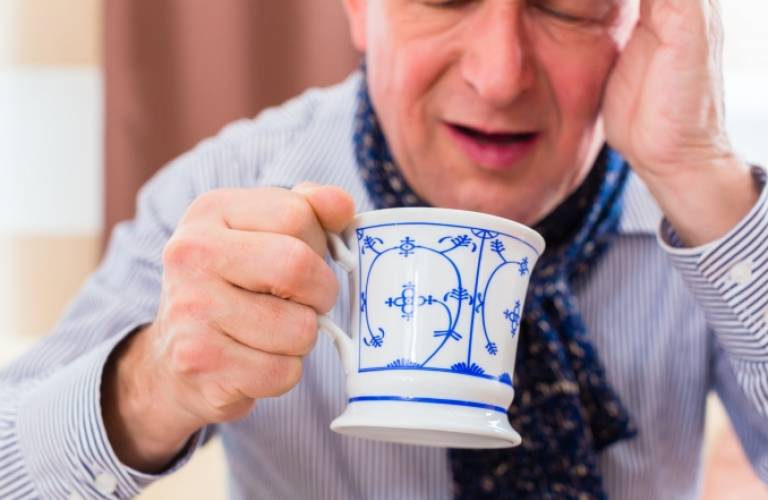Self-management intervention for men with lower urinary tract symptoms

10 December 2014
Lower urinary tract symptoms in men is a chronic disease of ageing that causes significant quality of life impairment in one third of men over the age of 60. Typically, management comprises a step-up regimen of drugs and surgical interventions aimed at relieving symptoms. UCL researchers developed, evaluated and implemented a self-management intervention that results in greater symptom reduction than that achieved by medication, reduction in the use of medication and of referrals to secondary care, and reduced costs.
Professor Mark Emberton (UCL Surgery) observed that many men were adopting informal strategies that would allow them to 'manage' their symptoms as an alternative to pharmacotherapy. These were sometimes learnt by trial and error, and at other times they were acquired through the informal network of men with symptoms and, very occasionally, taught by a growing constituency of continence advisors and nurse specialists. These strategies included: fluid management, caffeine avoidance, timed toileting, urethral milking, double voiding and bladder re-training.
Professor Emberton then conducted a survey of professionals working in the field of incontinence, and found that many would recommend these strategies, but there was a wide variation in their use, and no supporting evidence base. He therefore began a programme of research to address this, defining an intervention, piloting it, and then undertaking a randomised controlled trial to compare the intervention to standard care. This study demonstrated a reduction in symptoms equivalent to that achieved by surgery and a reduction in the need for medical and surgical treatment.
As a result of this work, which provided an evidence base for the efficacy of self-management in lower urinary tract symptoms (LUTS), nearly all evidence-based practice guidelines recommend self-management as the initial form of therapy for all men presenting with LUTS.
Fewer patients now required drug therapy, and those receiving therapy may find it to be more effective. Data from the trial suggested that men using self-management have a three-fold reduction in risk of requiring therapy or progressing symptomatically. The estimated cost saving to the NHS is around £20 million annually.
 Close
Close

